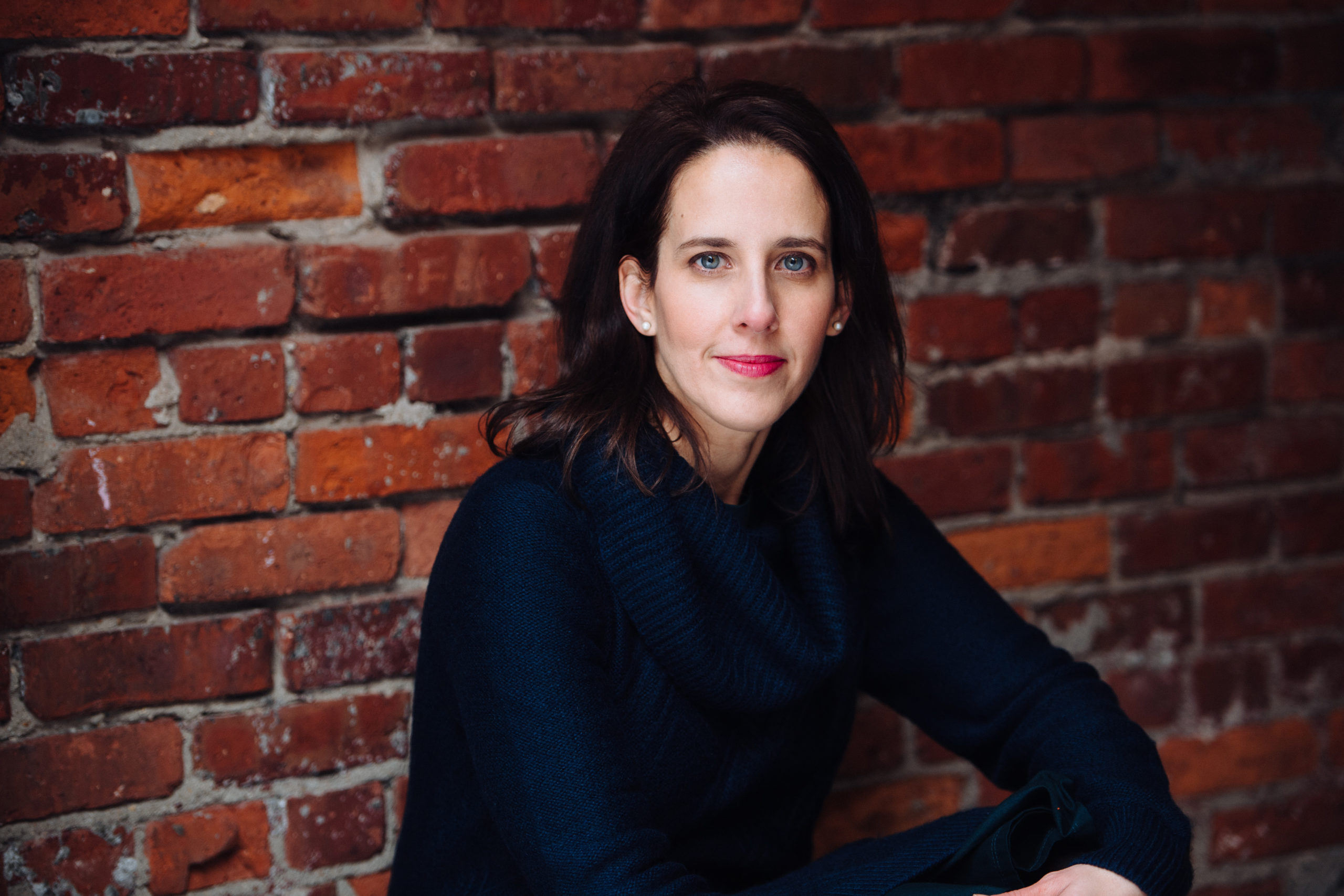Interestingly enough, though not surprising really since I felt led to read the Sacks book- I have found another apt metaphor in “The Mind’s Eye” by Oliver Sacks similar to the previous one I posted where the woman could see everything, but recognize everything. Each essay in this book is in fact, some kind of neurological loss that requires the adaptation of the person thus affected. I suppose this is why the metaphors are relevant to grief- loss, adaptation. But the types of studies Sachs does are also quite unique and not as known as typical physical impairments like blindness or a loss of short-term or long-term memory. They are complicated, surprising, and I think what they do so well, is get at the heart of our human predicament- our helplessness and lack of knowledge about the very bodies and minds we inhabit- that are supposedly “us.”
In this particular essay, a man loses his ability to read one morning. The newspaper appears to be written in Cyrillic one moment and Korean the next. Books and newspapers were suddenly unintelligible to him, followed by everyday objects also appearing strange, “familiar objects like apples and oranges suddenly look [ed] strange, as unfamiliar as an exotic piece of Asian fruit. A rambutan.”
The interesting part is that he could still write. It’s called “alexia sine agraphia.” Reading and writing- two things that should go together, but apparently do not. This man could write out a thought, but not read back what he’d just written. Another earlier similar case study shows that a man with alexia sine agraphia could also still learn new music by ear even though he could no longer read the notes.
This man’s livelihood was writing, so he describes being able to write without reading like this: it “was like being told that the right leg had to be amputated but that I could keep the shoe and sock.”
This sounds very familiar to me. The loss of a spouse is often described as an amputation. Except in my case, the shoes and socks I’m left with are my husband’s- in my closet and in our dresser.
Another paragraph that seemed a perfect metaphor for the newly bereaved was this one, describing this man’s return home from rehab three months after his stroke:
“The house looked strange and familiar at the same time….It was as though a movie set had been assembled from sketches of the real house and its rooms.”
I feel hopeful though, after reading these accounts because in each study described, the recipient of the loss manages to adapt and overcome it. The men described in this essay learn to “read” audio books. Another learns to read by acting out the writing of each word with his finger in the air. The main study, the writer, goes on to write painfully a novel about the very illness he had incurred.
My heart feels light while I read about the separation of the seemingly inseparable – writing and reading. Writing without reading. Living without you living. But in each case here, the sufferer does adapt and go on living, usually with other senses heightened. I feel this way too- although the sense that is most heightened is not one of the five but another. I close the book inspired- finger in the air tracing letters, learning music by ear- as you did so well- relearning
how
to
live.




"was like being told that the right leg had to be amputated but that I could keep the shoe and sock." – Oh my – that is so good. Like people pointing out everything left in this world (the shoe and sock), and having said shoe and sock is supposed to be alright. Supposed to make it alright.
My words aren't very good tonight. I'll need to come back and read this post again….